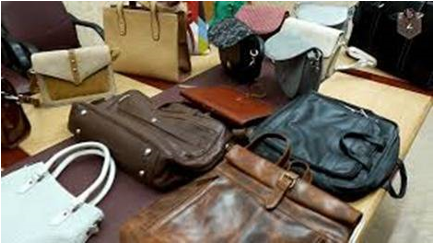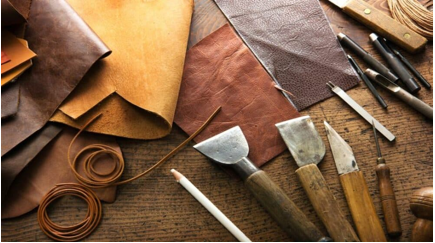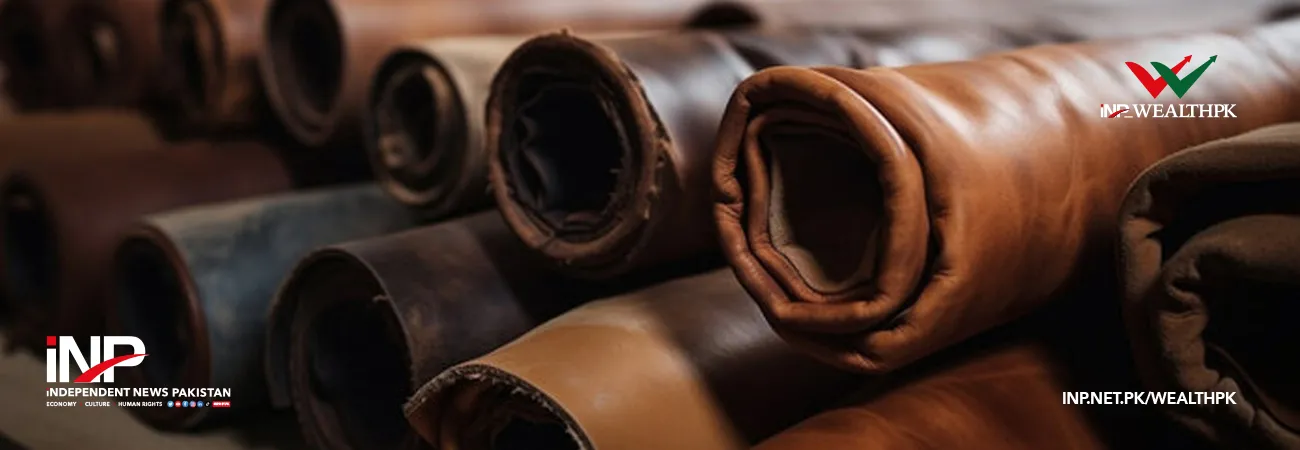i INP-WEALTHPK
Ahmed Khan Malik
Sindh’s leather sector is facing a tough competition in the international market and has sought government incentives in export development fund (EDF) to save it from imminent collapse, reports WealthPK.

Several impediments like high energy tariffs, unsustainable taxation, liquidity crunch, complexities surrounding the Statutory Regulatory Orders (SROs), limited export financing with high borrowing cost, and tariff-related challenges are hindering leather exports.
Talking to WealthPK, stakeholders urged the government to sort out these issues, which was crucial to maintaining the export momentum. The aim of the EDF is to address the bottlenecks being faced by the exporters and producers of goods and services in Pakistan with a view to increasing the export sector’s performance, they said.

“The industry now stands on the verge of closure because of some fatal basic problems. If these problems remain unresolved, the country’s leather export industry would face a very challenging situation,” Naseem Munawwar, a leading leather industrialist, told WealthPK. He pointed out that the government recently imposed more taxes on the industry in the Federal Budget 2024-25, while the industry was already overburdened with the duties/tariff.
He said that the industry was facing acute financial crunch, and that an amount of Rs2.5 billion was already payable to the industry on account of sales tax, duty drawback claims, income tax, differed claims etc., which had rendered the exporters unable to continue their business operations. Owing to these issues, they are considering closing their operations, while some units have closed down. Salahuddin Ahmed, a Korangi area industrialist, said the only way to be compatible was to bring the leather products quality on a par with international standards.
He said the Pakistani leather industry was well-established, ranking second after the textiles in terms of export earnings. Owing to its high value addition, huge growth and employment opportunities, the leather sector has already been declared a top priority sector for the country, he said. Salahuddin said despite the existing challenges, the sector was attracting increased interest from international investors in Pakistan as an emerging preferred low-cost manufacturing hub in Asia with a steadily growing economy, an abundant, easy-to-train and affordable labour force, preferential market access and strategic geo-economic location.
He noted that leveraging the existing momentum, the strategy sought to address several crucial areas of change, including the attainment of fair social and environmental trading standards, and improved working conditions, which otherwise tarnish the image. “To become a top exporting country of leather and leather goods in the world, Pakistan needs investments in the state-of-the-art technology, skilled human resources and safe environmental management practices as well as incentives in EDF,” he said.
Credit: INP-WealthPk









